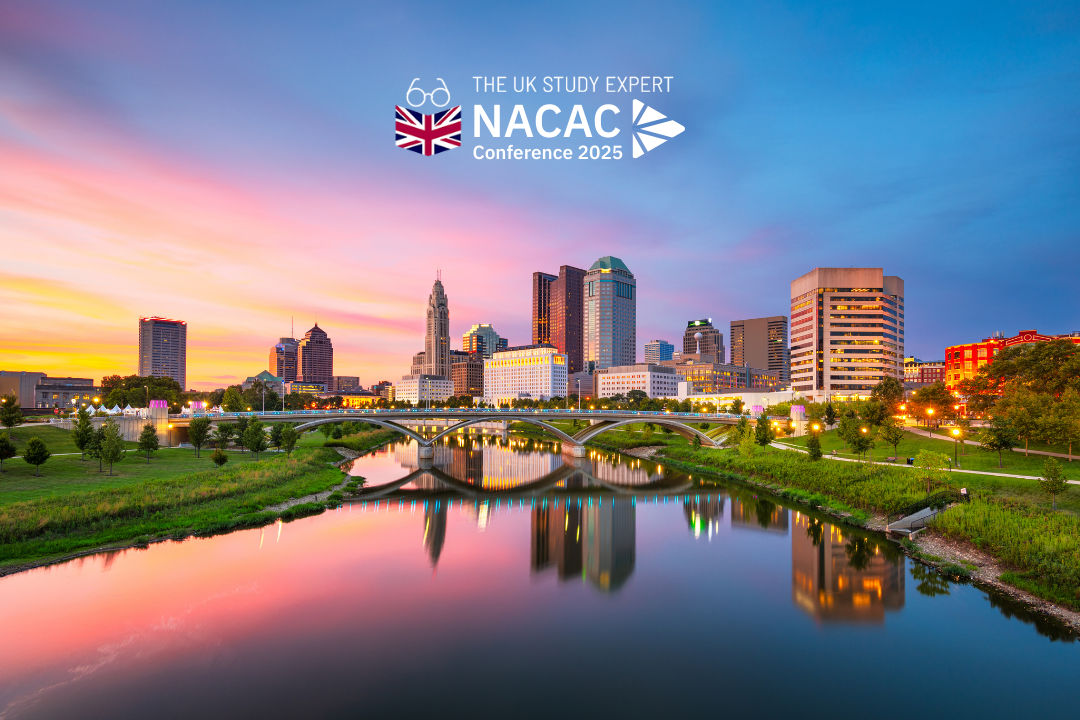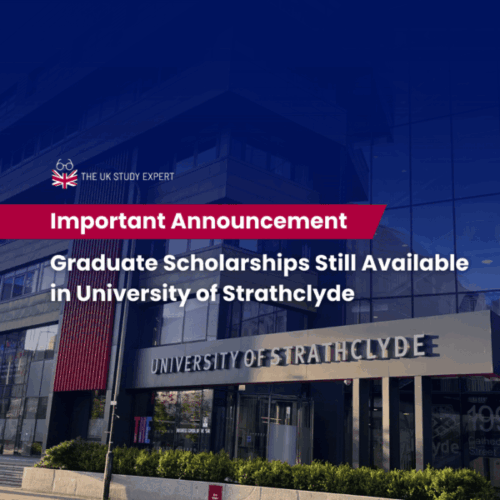Have you ever wondered the differences between UK high school education compared to the US? Also, why do so many UK universities require AP exams to be admitted into their university? Ashley Warmington from the University of Glasgow clarifies the UK secondary system to better understand why…
There are four nations that make up the United Kingdom: England, Northern Ireland, Wales, and Scotland. The education system is similar throughout the UK; however, Scotland has a slightly different set of high school qualifications:
Scottish Education
In Scotland, high school students study what are called the Highers. At the end of each year, students take Higher examinations. Highers are one year in length and sYou’d be surprised to know that students can even take several Highers in their Junior year. (Known locally as Fifth year.) What the Scots call Sixth year, or the equivalent of a Senior year, students can take additional Highers or Advanced Highers in topics they have already studied. This is not required, but it is common for competitive students to complete this additional year.
This system means that students in Scotland have the option to apply to university in their Junior year; that being said, Scottish students typically need at least four test scores to apply. Degrees in Scotland are therefore four years to account for the optional year and still total 16 years of education like the rest of the UK.
England/Wales/Northern Ireland Education
The rest of the UK is uniform. Students sit the A-level exams which are taken in the final two years of school or what is known as Year 12 and 13. They spend these two years focusing on three or four subjects per year. in preparation for the A-Level exams. Students in England, Northern Ireland, and Wales normally apply to University during Year 13 or Senior year. Since these exams are taken over 2 years, students often apply up to five with three test scores. 13 years of school leave and only three years at University to total 16 years of education. This is why degrees are three years in length in England, Northern Ireland, and Wales.
Conclusion
While students in the UK don’t have GPAs or transcripts, they do specialize their education very early on. For instance, if you want to study Medicine you will be taking Biology, Chemistry and likely another STEM subject. If you are interested in Sociology you will be taking essay and analysis based classes such as Higher Psychology, English, Sociology – you get the idea. This targeted education can help them gain offers of study to their anticipated major.
The biggest difference between UK and US university education is the lack of general education or core curriculum requirements. Students in the UK apply to their major and study it from day one, allowing them to tailor their degree experience from the beginning. US students, on the other hand, tend to start broad with their classes and whittle down their interests later in university.
With all this in mind, we can see why the UK admissions process is historically test-focused. US applicants either appreciate the transparency (get the grades and you’re in, fall below and you aren’t) or fear it. It isn’t a perfect system, but one of the silver linings of the pandemic has been more and more UK institutions offering a flexible and holistic review process for US applications. This has been led by having more in-country officers based in America than ever before.
**Fun fact/side note: there are no high school graduations in Scotland! When students complete high school at their chosen exit point, they are commonly called ‘Leavers’. Instead of ‘Class of 2021’ hoodies you’ll see students with shirts that say ‘Leavers’. Because there is no grand exit to mark a momentous occasion, completing high school is not your qualification and you don’t receive a high school diploma – you receive the exam scores in your Highers or A-Levels.
Ashley Warmington is the Senior International Officer for western USA at the University of Glasgow. Ashley studied her undergraduate degree in Scotland and has worked in UK admissions since 2016. She is now based in Southern California, where she helps American students through the UK application process.






